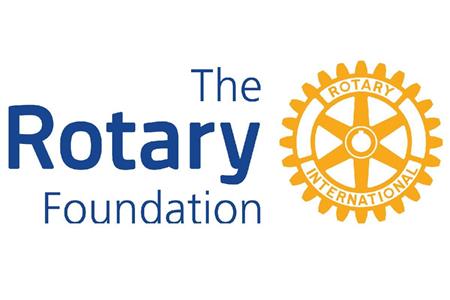
Community economic development
 Relatively few towns in Brazil have official recycling programs, so most bottles, metals, and other materials are collected by waste pickers known as catadores. They sort through the trash for items that can be recycled or reused.
Relatively few towns in Brazil have official recycling programs, so most bottles, metals, and other materials are collected by waste pickers known as catadores. They sort through the trash for items that can be recycled or reused.
The Brazilian government works with organized catadores to improve waste management systems.
The Rotary Club of São Paulo-Vila Alpina has long supported Cooperativa ReciFavela, a recycling cooperative that began by sorting recyclables under a viaduct with just one van.
In 2015, ReciFavela’s 20 members could process 1.5 tons of waste per day, but Rotarians and ReciFavela members knew that they could improve the catadores’ working conditions and increase their output. ReciFavela also wanted to provide more jobs and process waste more efficiently to increase the members’ incomes.
They partnered with a club in Australia, the Rotary Club of Bordertown, South Australia, on a global grant project to support ReciFavela’s recycling efforts. The grant paid for industrial waste-sorting equipment and extensive training in cooperative management, financial administration, and safety procedures.
The cooperative added 20 jobs, and the members can now sort 4.2 tons of waste per day — nearly triple their previous capacity.
Projects such as this are funded by Global Grants from the World Fund, and contributions from Rotary Districts through their allocation of District Designated Funds (DDF), funded from member's contributions to the Annual Fund.
To contribute to the Rotary Foundation click on this link. Donations of $2 or more are tax deductible.